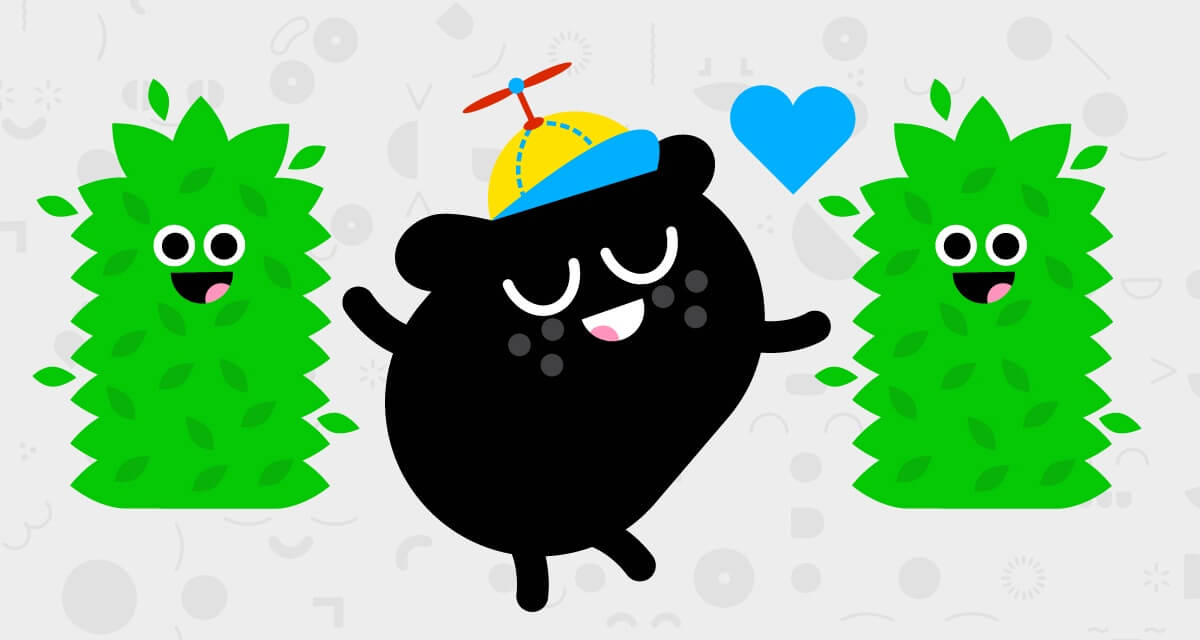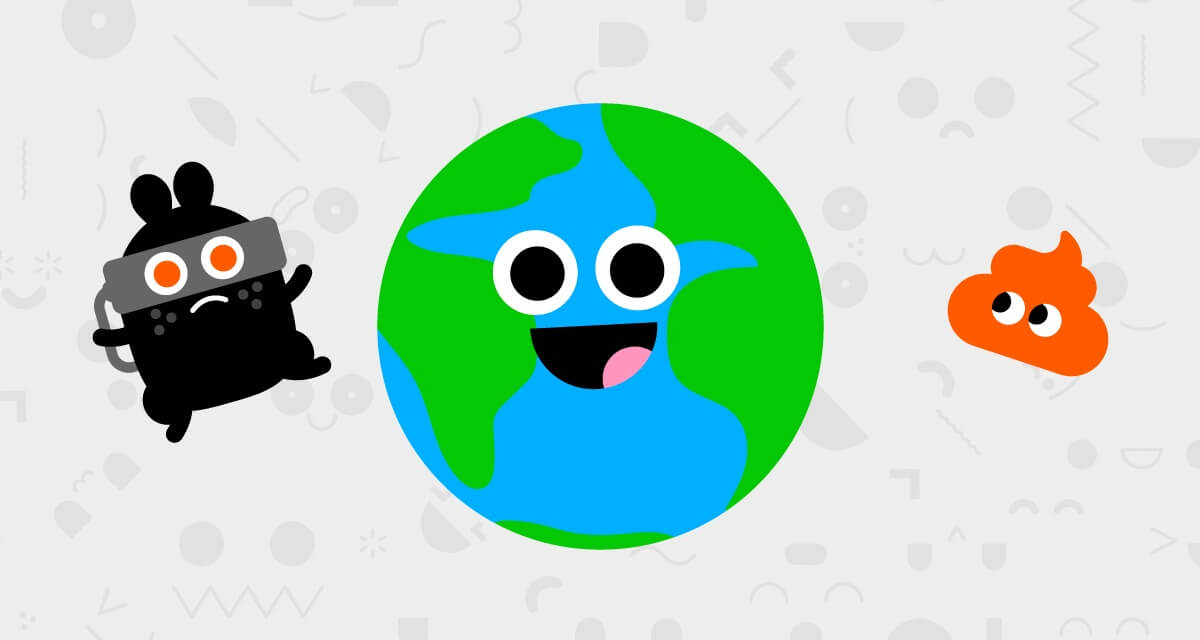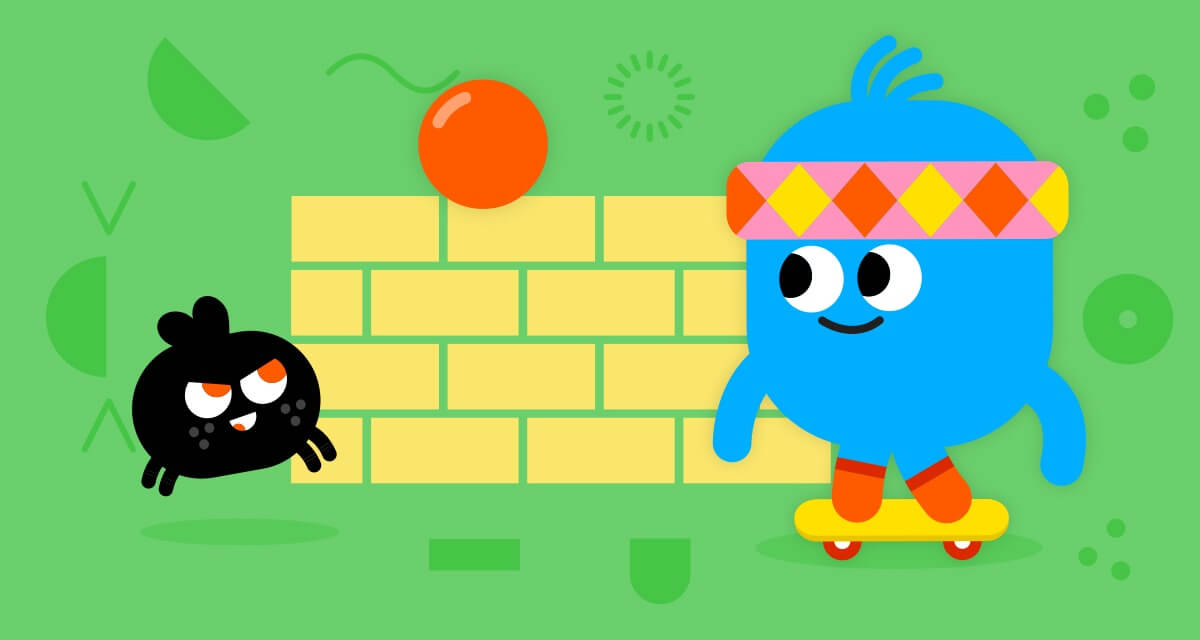It's practically the perfect place for play — but that's not all.
- By
- Parker Barry
Playing outside is a blast, no doubt about it, but don’t discount outdoor adventures as frivolous fun. Kids reap lots of benefits from time outside.
- 1. Healthy kids. Active play outdoors helps reduce obesity. Plus, being outside gives kids a Vitamin D boost, which helps protect against bone problems, heart disease and diabetes.
- 2. Motor masters. Outside, kids are less restrained by space and can run, jump, skip and flip, testing the limits of gravity and their bodies’ abilities. The smaller, calmer outdoor activities improve motor skills, too. Digging in the dirt and picking flowers improves fine motor control, and hanging from monkey bars or swinging a bat strengthens hand muscles.
- 3. Full-on sensory experience. Touching different textures — leaves, grass, dirt, rocks, bark; smelling a range of smells from the pungent odors of skunks to real, fresh air; seeing the lights and shadows and beauty of nature; and hearing the many sounds filling nature that are easily drowned out when we’re not paying attention, kids get a full-on sensory experience playing outside. Kids with ADHD can benefit from outdoor play, too. Kids in one study performed better on tests after 20-minute nature walks. Parents may want to rethink the “finish your homework before you go play” mantra and let kids have some time outside before tackling school work.
- 4. Improved critical thinking skills, creativity and social skills. Outside, kids are inspired and empowered to be themselves or whatever their imaginations conjure — all through the power of play. Outside, “inside voices” are irrelevant. Kids can be loud and move wildly. They can be KIDS! Kids can get creative, coming up with their own games and activities outside, developing narratives about nature, or exploring. Without the closed-off play of indoor toys, kids can also incorporate found objects into their play — just think of all the things an amazing stick can become! Since kids tend to play more independently outside, they can develop social skills as they incorporate friends (real or imaginary) into their play and develop critical thinking skills as they navigate the environment.
- 5. Respect for nature. Spending time outdoors, kids will connect with nature in a personal way. They’ll see the impact of littering and understand see how one person can influence the environment — positively or negatively. Once they love nature, they’ll want to protect it, too.






